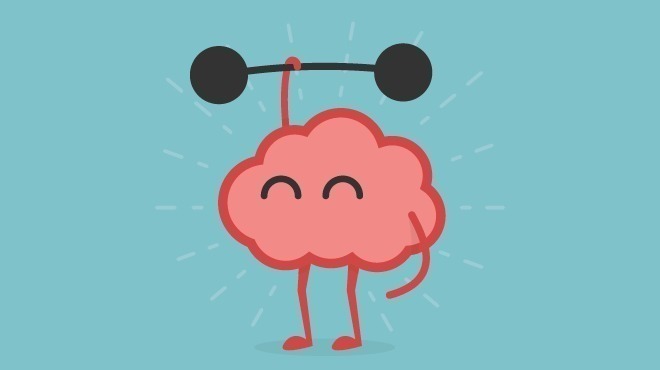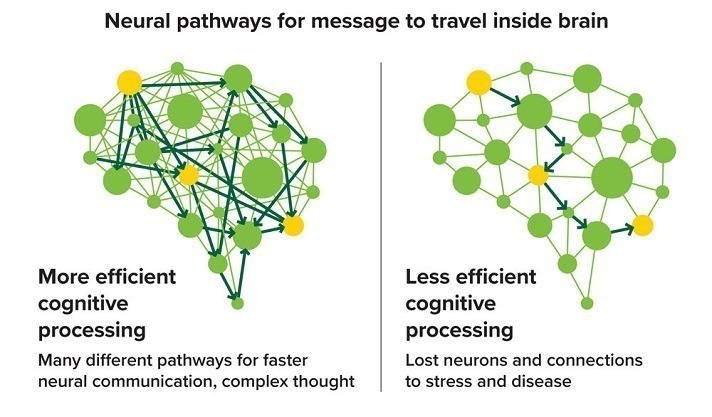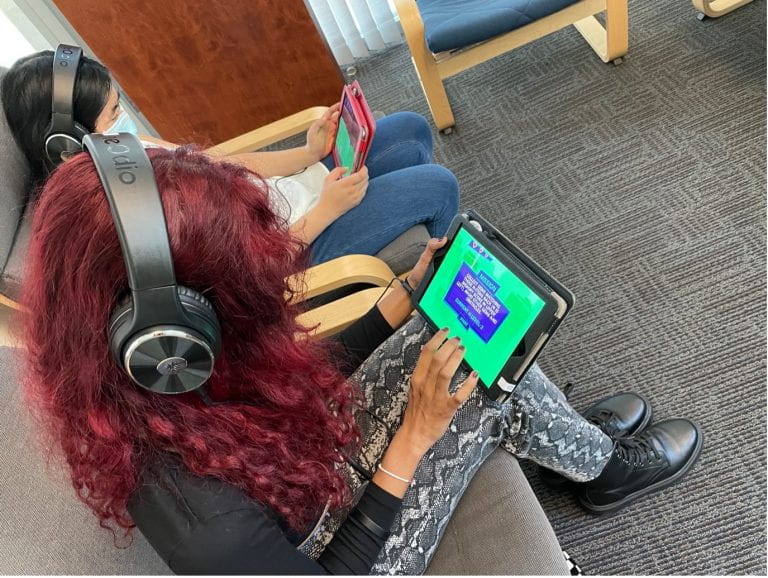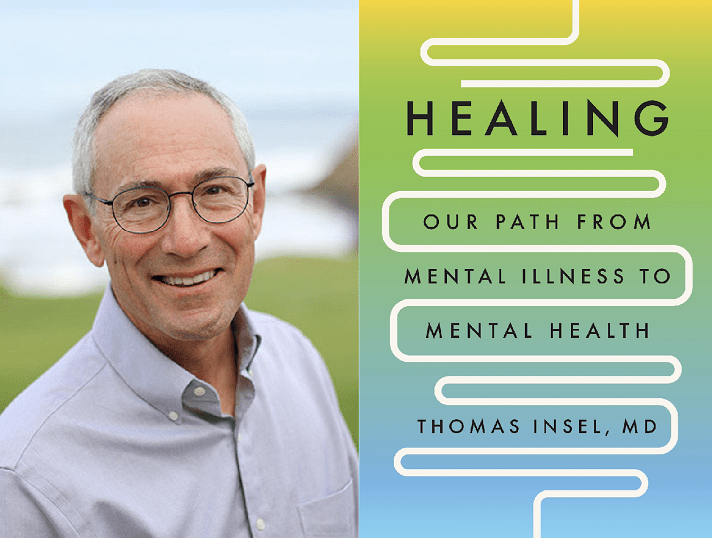Posts Tagged ‘cognitive-abilities’
Study: A combined cognitive-physical training approach may enhance both mind and body as we age
A combined cognitive and fitness training helps restore older adults’ attention abilities to young adult levels (PsyPost): A new study found promising results for a combined physical fitness and cognitive intervention designed to enhance neuroplasticity in older adults. Using a motion-capture video game, the intervention appeared to remediate age-related declines in attention. The findings were…
Read MoreStudy finds sharp decrease (nearly one-third) in the prevalence of dementia among those 65+ in the United States
Dementia plummets by nearly one-third among U.S. seniors, RAND says (UPI): The prevalence of dementia in the United States is declining among people over age 65, falling dramatically from 2000 to 2016, a RAND Corp. study says. Nationwide, the age-adjusted prevalence of dementia fell to 8.5% of people over age 65 in 2016, down by nearly…
Read MoreStudy: Building cognitive reserve helps delay memory and thinking decline regardless of genetic or childhood markers
Building cognitive reserve could protect against memory and thinking decline, even with low childhood cognition scores (Alzheimer’s Research UK): New research suggests that people who develop high ‘cognitive reserve’ by the time they reach 69 years old may reduce their likelihood of memory and thinking decline, even with low childhood cognitive abilities. The study was…
Read MoreUC study finds near-transfer of cognitive training to be necessary (yet not sufficient) for far-transfer, broader benefits
Who benefits from brain training, and why? (UCI release): If you are skilled at playing puzzles on your smartphone or tablet, what does it say about how fast you learn new puzzles, or more broadly, how well can you focus in school or at work? In the language of psychologists, does “near transfer” predict “far…
Read MoreStudy finds that playing videogames may be more cognitively beneficial for children than other forms of screentime (social media, watching videos/ TV)
Many parents feel guilty when their children play video games for hours on end. Some even worry it could make their children less clever. And, indeed, that’s a topic scientists have clashed over for years. In our new study, we investigated how video games affect the minds of children, interviewing and testing more than 5,000 children…
Read MoreFrom “Eminence-based” to Evidence-based cognitive & mental healthcare: Time for quality and accountability
Welcome to a new edition of SharpBrains’ e‑newsletter, featuring timely brain & mental health news, two excellent new books and a few fun brain teasers. #1. From “Eminence-based” to Evidence-based mental healthcare: Time to focus on quality and accountability “The real challenge is not finding a therapist, it’s finding a therapist who knows how to provide…
Read More





